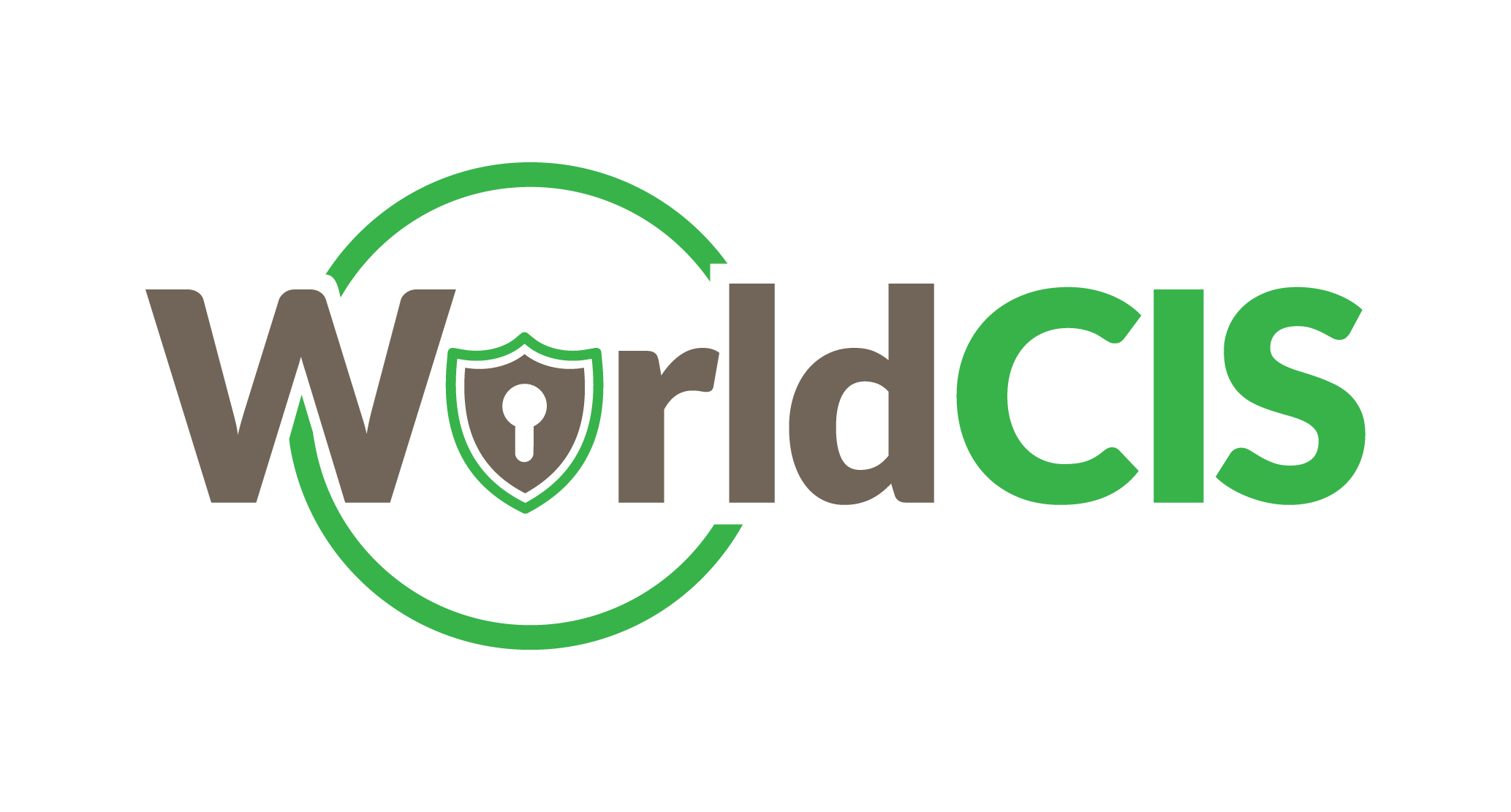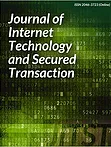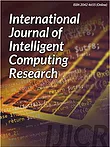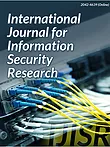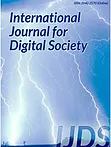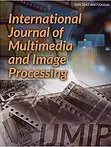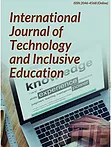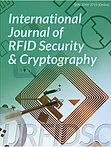We understand that some presenters will not be able to make the trip to London to present their research paper, case study, work in progress and report, mainly due to financial and/or political restrictions on travel. WorldCIS-2023 has therefore instituted a virtual presentation system to allow the authors of accepted papers the same publication opportunities as regular presenters. A research works submitted without the participant attending the conference in person, but presented via video conferencing are refereed and published (if accepted) in the conference proceedings.
You can submit a research paper, case study, work in progress and report for virtual presentation under the open call for papers Online
